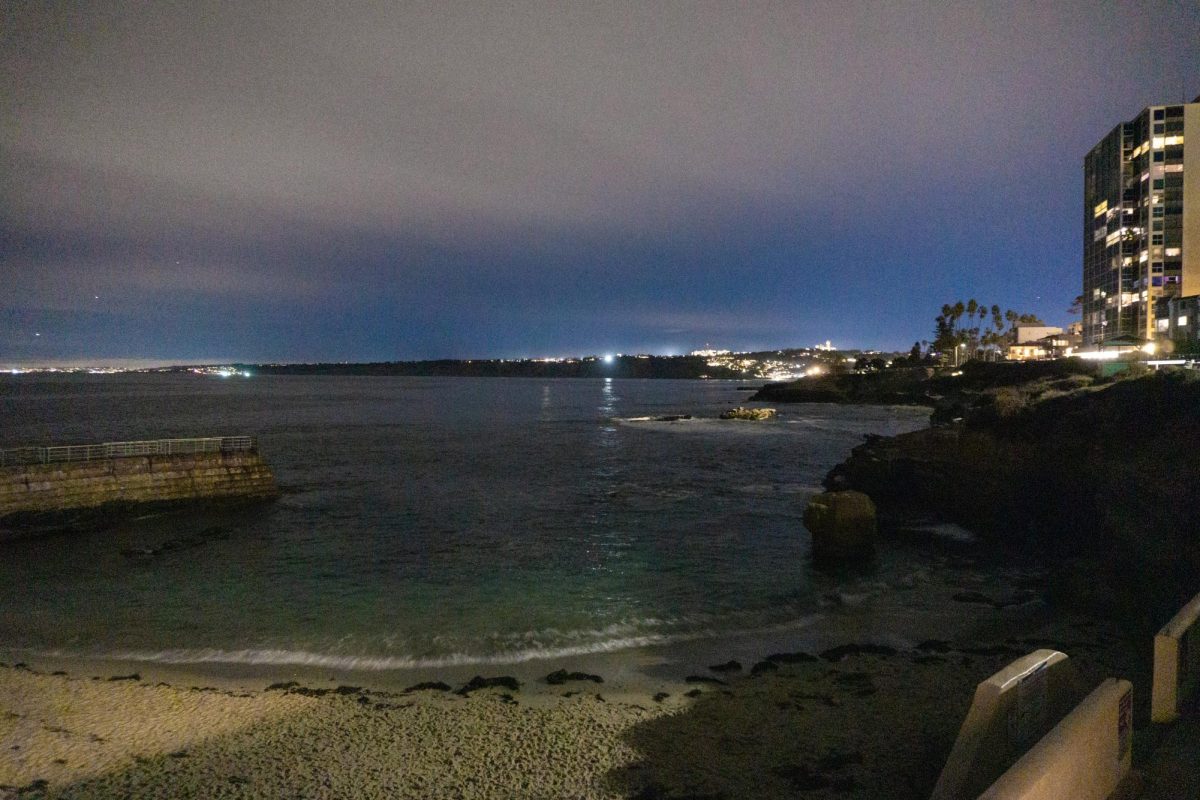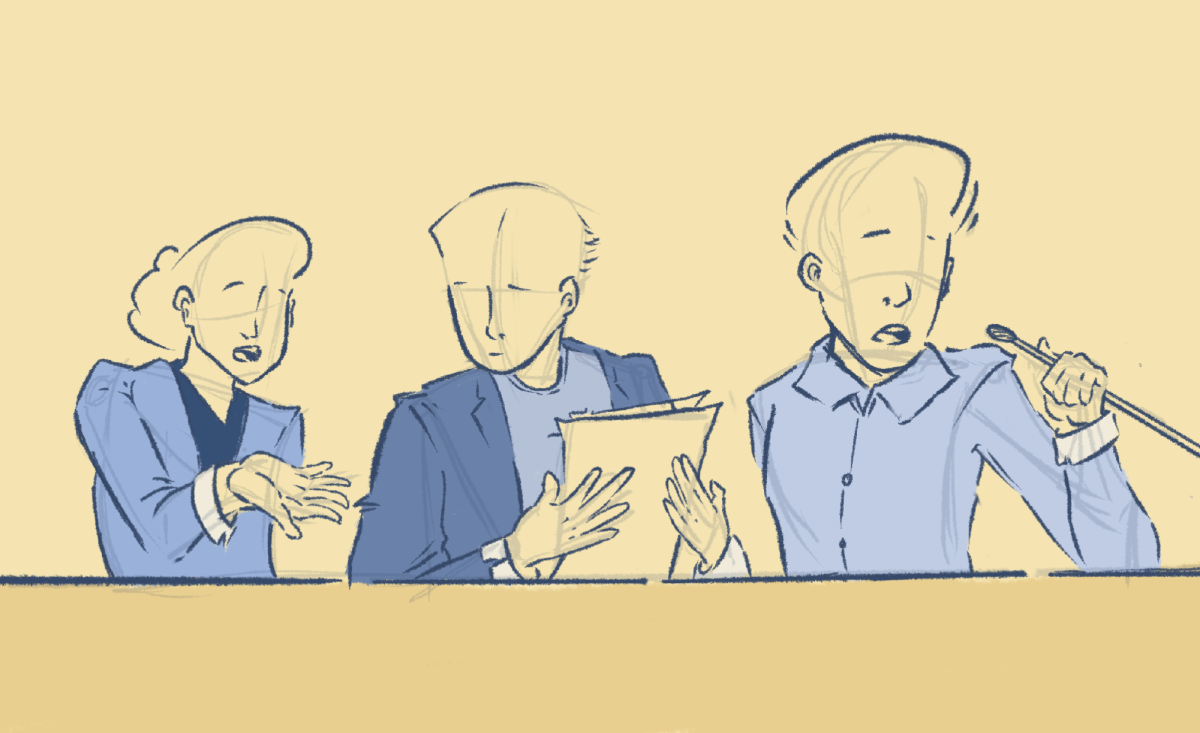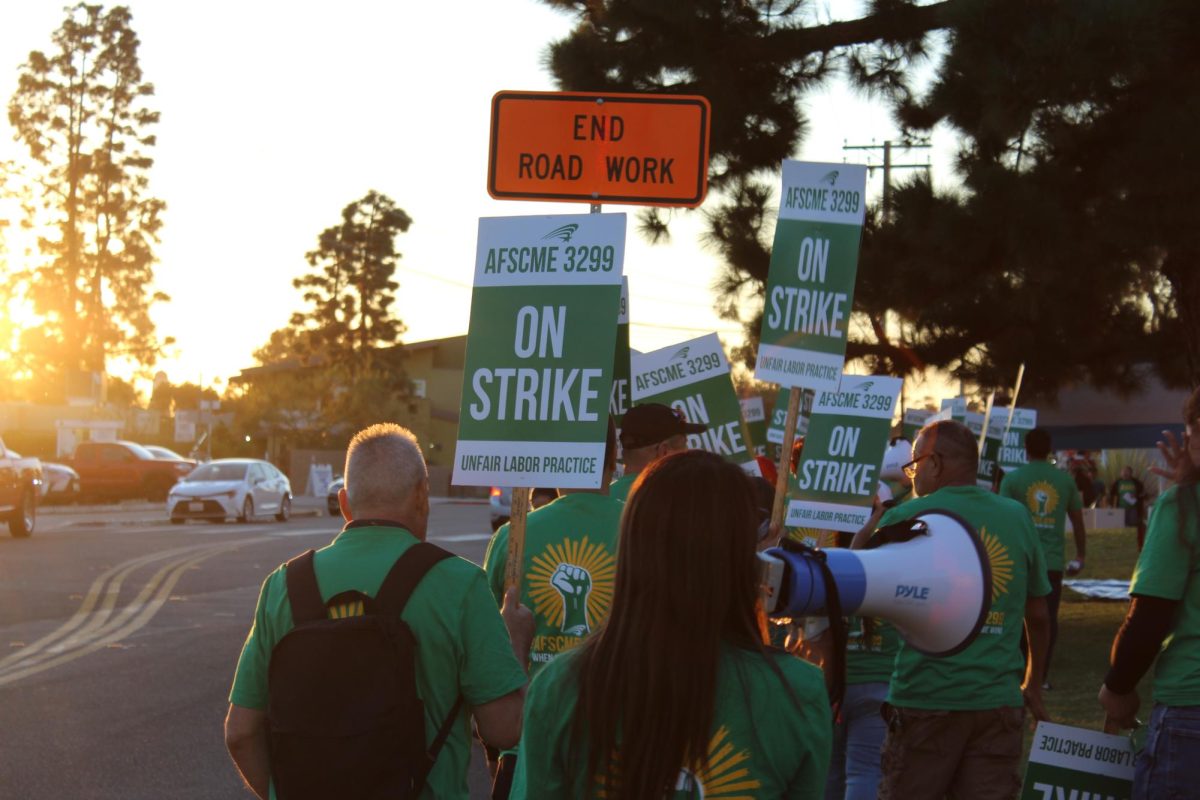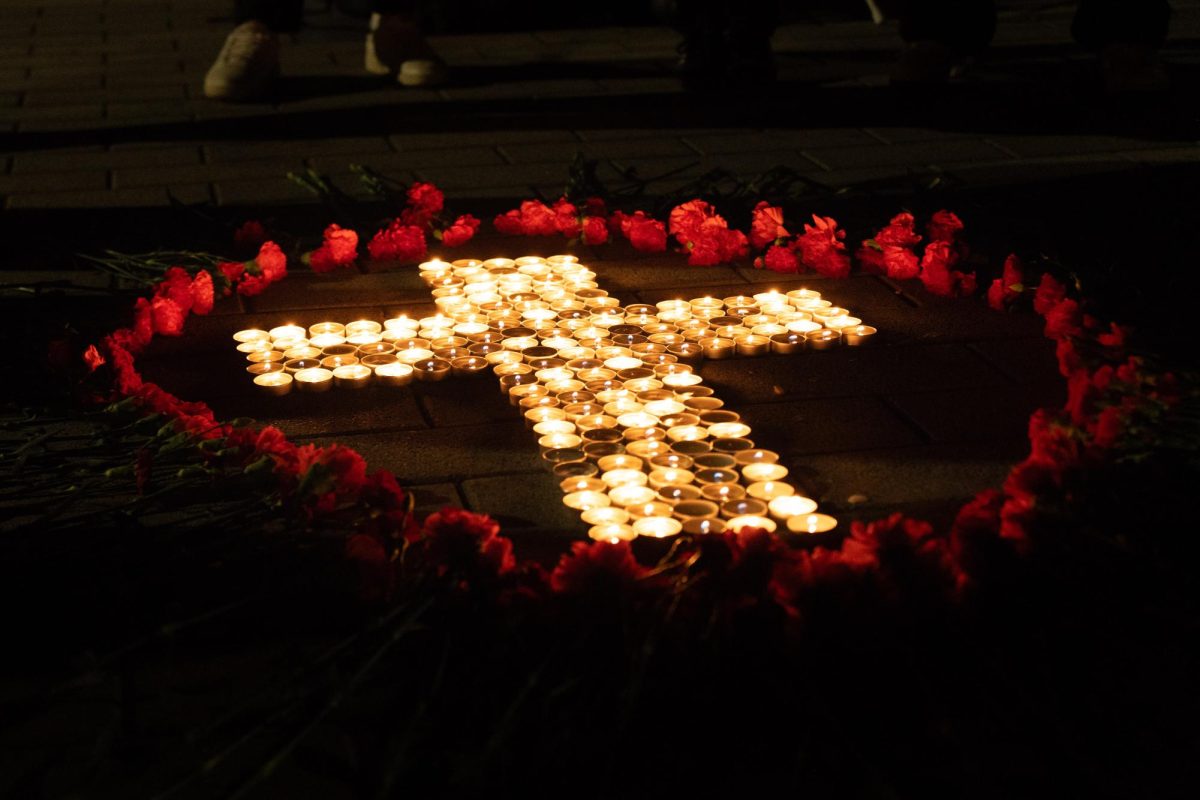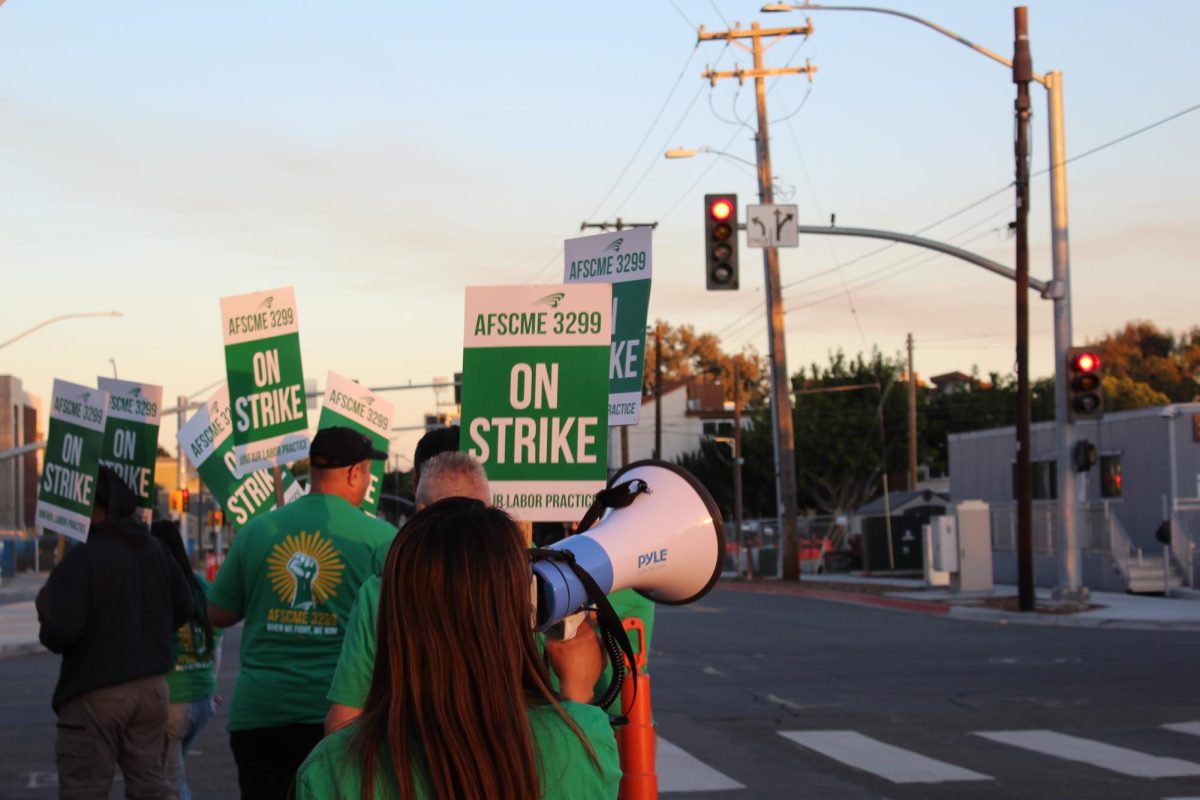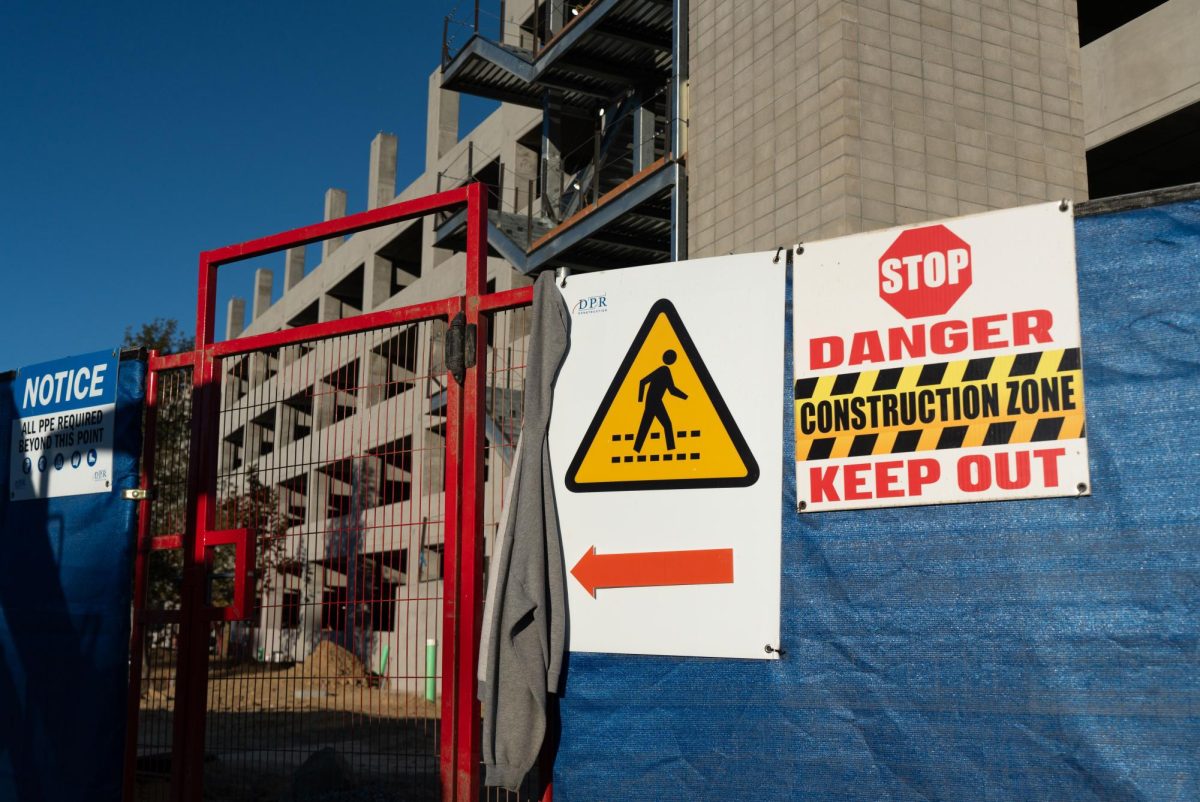Members of the A.S. Council, representatives from the five colleges, the co-ops, club sports and interested students and graduates met Friday for a third discussion on the formation of a committee for next year’s fee referendum.
The meeting was held with the knowledge of Vice Chancellor of Student Affairs Joseph Watson’s decision to place a freeze on his proposed 10 percent cut to all student services to fund the Price Center expansion.
According to A.S. Commissioner of Services and Enterprises Colin Parent, Watson made this decision to allow the students one year to pass a referendum to finance the Price Center expansion. He said this allows the students flexibility in forming a referendum.
“”We as students have the administration by the balls right now,”” Parent said. “”I don’t want to see student services getting cut to fund a Price Center expansion and better Division II sports teams.””
A new referendum committee was already being considered prior to Watson’s decision.
“”A lot of our campaigning against the referendum [this year] was with the idea that another referendum would be proposed,”” said Sam Meister, a representative from the Che Cafe.
The meeting ran from 3:30 p.m. to 5:30 p.m. in the International Center conference room.
“”The goal in mind is getting a lot of people into this referendum,”” said Kris Bohling of the Student Co-ops and the Graduate Student Association. “”People in general don’t want to have their fees raised.””
One of the main goals of those in attendance was to figure out what they wanted to accomplish.
“”We need to figure out what we want to do before we head out in all directions,”” said Thurgood Marshall College Student Council Chair Adam Sharki. “”I feel like I don’t know what everyone sitting at this table wants.””
The discussion then went around the room to give everyone a chance to express their desires.
“”The reason I’m here is to try to facilitate something where people are really listening,”” said A.S. Vice President Internal Jenn Brown. “”I’m here to make sure everyone’s voice is heard.””
The meeting was intended as a forum for ideas on how to form the committee for the new referendum.
“”Setting up a committee is probably the best idea, as long as the committee is committed,”” said Muir Sophomore Senator Matt Barge.
The debate hinged on the size and organization of the proposed committee.
“”I don’t see 400 students as a very effective committee,”” said A.S. President Jeff Dodge. “”I feel that a representative committee should be set up.””
Revelle College Council Chair Mark Stickel emphasized that open meetings are necessary to maximize student input.
Peter Butcher of club sports elaborated on the idea, suggesting regular “”town hall”” meetings to inform the UCSD community of the committee’s progress.
Surveying students to find out what they want on the referendum was also discussed as an idea.
Dodge proposed that the new referendum be a line-item vote in which students vote to approve each specific allocation within the referendum. The idea was well-received but not overtly discussed by those in attendance.
Sharki expressed his belief that the administration should be included in the process, though not as voting members of the committee.
“”As much as we love to hate them, and as much as they’re just bastards, if we let someone like Watson into the process and let them have input, we won’t run the risk of them shooting it down,”” Sharki said. “”As long as they know what’s going on, they’ll probably have less of a problem with it.””
The issue of publicizing the meetings for next year was a major concern. A lack of funding prevented publicity this year.
The students at the meeting decided that it would be in UCSD’s best interest to delay the formation of the committee until the fall.
“”Let’s not make this rushed,”” said Eleanor Roosevelt College Council Chair David Goodwin. “”We can take our time. We can inform others about it.””


